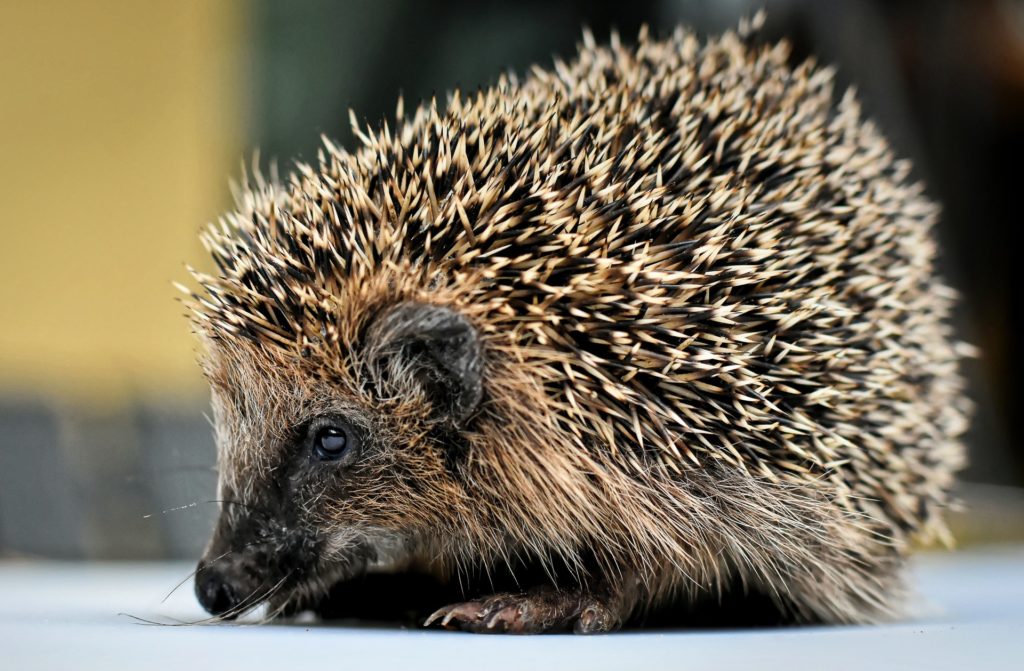The shelter for birds and wildlife (VOC) in Merelbeke has already taken in a thousand hedgehogs this year, on pace to exceed last year’s numbers by a significant margin.
“Hedgehogs are not pets,” Nick De Meulemeester, who is in charge of the shelter, told De Standaard.
De Meulemeester urged the public not to feed the animals anymore.
The shelter used to only take in birds, but now the hedgehog is likely to overtake the wood pigeon as the most-collected species.
“Wednesday was really hectic, with 22 hedgehogs in one day,” said De Meulemeester.
“They arrive by the conveyor belt and we hardly have time to feed them.”
De Meulemeester expects that the VOC will have collected 1,500 hedgehogs by the end of this year.
Hedgehogs are wild animals not suitable to be kept as pets, and the current trend of collecting them in spite of (or without knowing beforehand) the heavy amount of work they require is a resurgence of their popularity in the 1990’s, according to Hugh Warwick in The Guardian.
“People get bored of their pet hedgehogs,” explained Warwick, who has written two books on hedgehogs.
“They are nocturnal, like to move around a lot and need a wheel on which to run. They also tend to poop as they run and end up smearing the wheel and themselves in faeces that will need to be cleaned up every day.”
They also do not like to be handled by humans, and both their teeth and prickles are sharp.
Every day 5,000 hedgehogs die in Belgium due to human activities: they die in traffic, they get stuck in a power line or they ingest poison meant for other animals or pests.
Sometimes they drink the milk that people put out for their cats, which is lethal for hedgehogs as they cannot tolerate lactose.
Healthy animals have to find their own food, and when humans feed wild animals it creates a burden on the environment.
The Brussels Times

